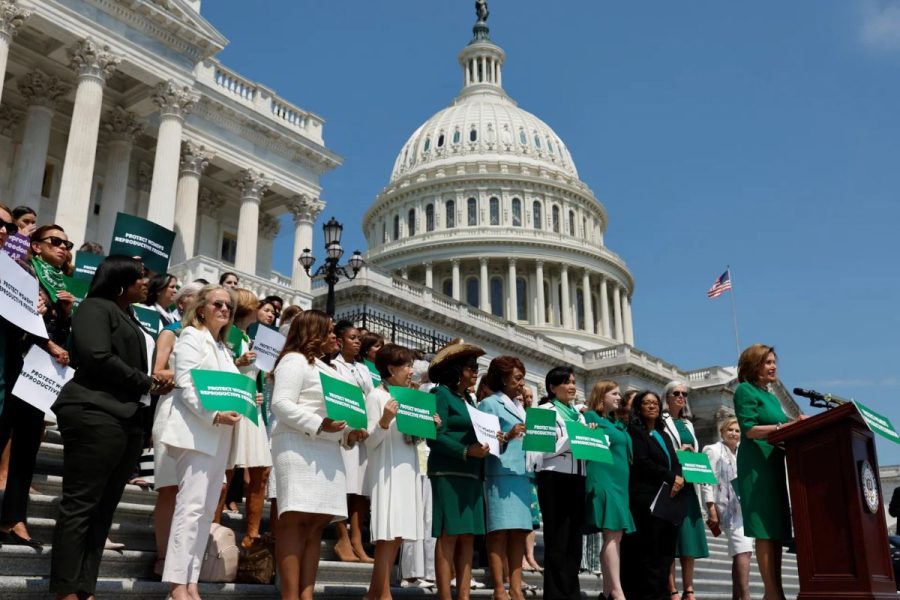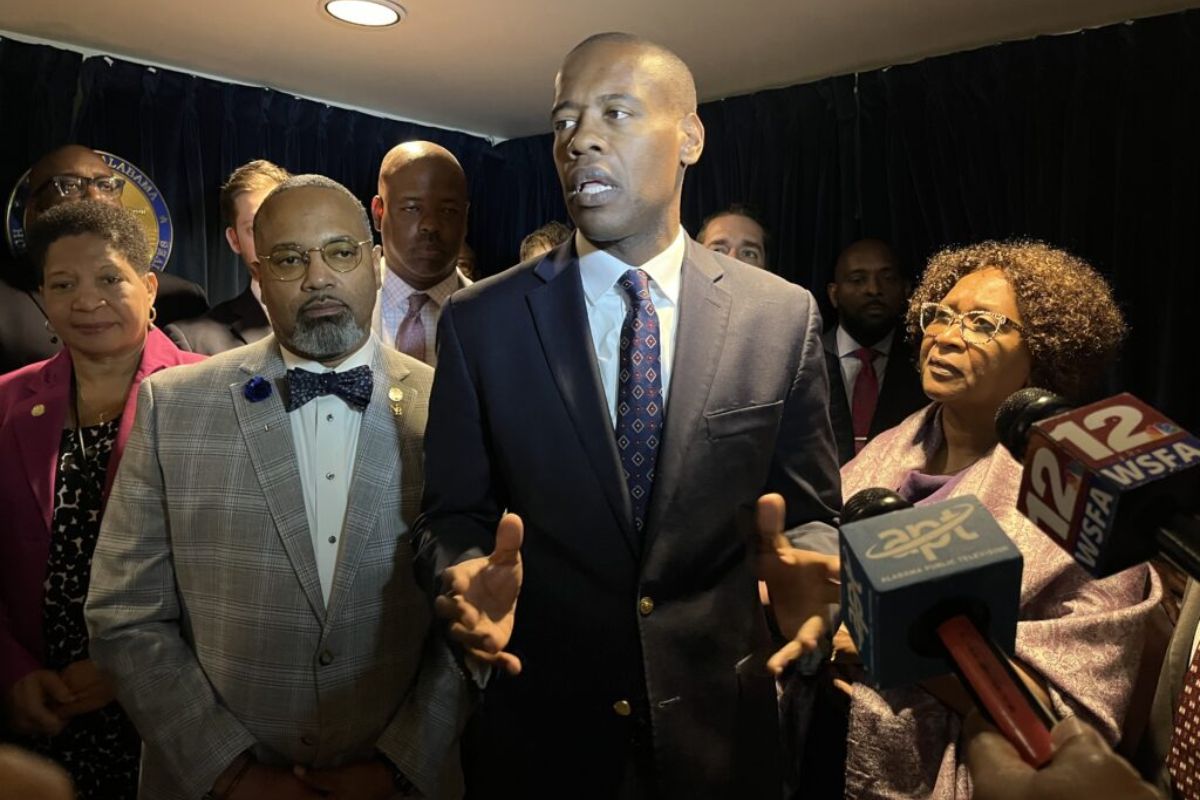Alabama Democrats Propose Bill: Alabama Democrats have put forward a significant bill, HB 279, aimed at safeguarding access to contraceptives within the state. This proposed legislation has sparked intense debate among lawmakers and citizens alike, highlighting the importance of reproductive health rights and the need for comprehensive contraceptive coverage.
As the discussions unfold, it becomes evident that this bill could have far-reaching implications not only in Alabama but also potentially serve as a model for other states facing similar challenges. The voices of advocates and opponents in this matter are poised to shape the outcome of this crucial bill, setting the stage for a crucial legislative battle ahead.
Introduction of HB 279 to Protect Access to Birth Control
The introduction of HB 279 to safeguard access to birth control marks a significant step towards ensuring reproductive rights and healthcare freedom for individuals in Alabama. Sponsored by House Minority Leader Anthony Daniels, D-Huntsville, this bill seeks to establish the fundamental right of individuals to utilize contraception while granting healthcare providers the ability to distribute contraceptives and provide essential guidance on their usage.
HB 279 not only emphasizes the importance of access to birth control but also outlines stringent measures to enforce these rights. It empowers the state attorney general, healthcare providers, and individuals to initiate civil lawsuits pertaining to the enforcement of laws, regulations, or policies that hinder the distribution and utilization of contraceptives.
Legislative Response and Advocacy
Amidst the ongoing legislative discussions regarding reproductive rights and healthcare access in Alabama, the proposed bill HB 279 has sparked a new wave of attention towards the crucial intersection of lawmaking and advocacy in safeguarding contraceptive rights. The concerns raised by State Senator Daniels regarding the legal uncertainties surrounding reproductive issues highlight the pressing need for legislative clarity and protection of contraceptive rights. The bill, currently in the hands of the House Judiciary Committee, signifies a significant step towards addressing reproductive health issues in Alabama.
While the legislation faces challenges in the Republican-controlled Legislature, its presence on the agenda underscores the growing importance of reproductive rights in the political landscape. Democrats’ willingness to advocate for these crucial issues reflects a broader shift towards prioritizing healthcare access and women’s rights. The advocacy efforts surrounding HB 279 serve as a testament to the power of legislative action in safeguarding contraceptive rights and ensuring comprehensive healthcare for all individuals in Alabama.

ALSO READ: Lawyer Discusses Workplace Rights Amid Space Camp Allegation
Implications for Access to Contraception
Proposing solutions to the challenges surrounding access to contraception in Alabama requires a comprehensive approach that addresses both policy gaps and financial barriers faced by vulnerable populations. The recent survey by Americans for Contraception sheds light on the pressing need to safeguard access to birth control, with 80% of voters recognizing the threat and 72% holding a positive attitude towards contraception.
Alabama’s strict abortion laws further compound the issue by limiting contraceptive policies, particularly impacting uninsured and low-income women who struggle to afford essential birth control options. Reproductive health organizations in the state are grappling with the financial strain of providing services, despite some offering reduced-cost options.
The absence of discounted pharmacy programs exacerbates the situation, hindering clinics from adequately supporting individuals in need. Addressing these challenges necessitates a concerted effort to implement supportive policies and financial assistance programs to ensure all individuals have equitable access to contraception.
Advocates’ Perspectives and Challenges Ahead
Advocates for reproductive health in Alabama are actively voicing their perspectives on safeguarding access to contraception amidst increasing anti-choice legislation and financial barriers. Robin Marty, the executive director of the West Alabama Women’s Center, underscores the critical importance of preserving access to birth control to prevent its potential illegality.
Marty also addresses prevalent misconceptions regarding how birth control functions and stresses the necessity of accessible healthcare for all individuals. Similarly, Rep. Neil Rafferty, D-Birmingham, emphasizes the crucial nature of protecting family planning options in the face of escalating anti-choice measures.
Rafferty advocates for the preservation of bodily autonomy and the legal status of popular family planning choices for families in Alabama. As advocates rally to defend reproductive rights, they face the challenges of navigating a complex legislative landscape and combating financial obstacles that could impede individuals’ access to essential contraception.
The road ahead demands unwavering dedication and strategic advocacy to ensure that all individuals can exercise their reproductive rights freely.
News in Brief
Alabama Democrats propose HB 279, aiming to protect contraceptive access, sparking intense debate. Sponsored by House Minority Leader Anthony Daniels, the bill asserts the right to contraception and allows for civil lawsuits against barriers. Advocates stress its importance amid healthcare access concerns, while opponents raise objections. HB 279 faces challenges in the Republican-led Legislature but signals a shift toward prioritizing reproductive rights.
Alabama’s strict abortion laws compound access issues, particularly for uninsured and low-income individuals. Advocates like Robin Marty and Rep. Neil Rafferty emphasize the necessity of preserving family planning options and bodily autonomy. As discussions continue, the fate of HB 279 will shape reproductive healthcare in Alabama and potentially serve as a model for other states.

